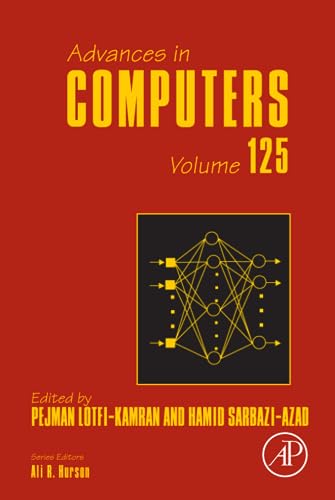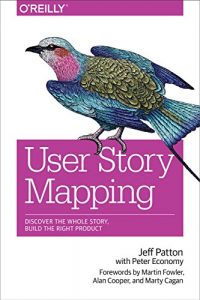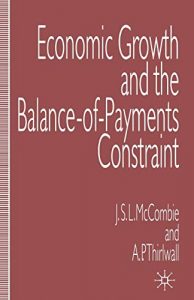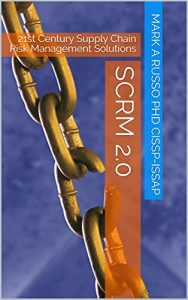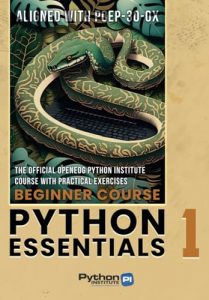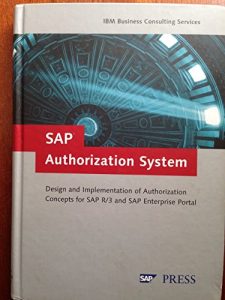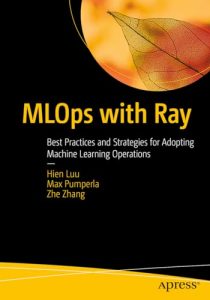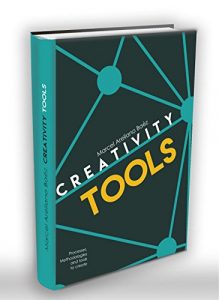1. Data Prefetching Techniques in Computer Systems
This groundbreaking work by Pejman Lotfi-Kamran and Hamid Sarbazi-Azad explores the revolutionary techniques of data prefetching in computer systems. It provides comprehensive insights into how prefetching can significantly enhance performance by minimizing data access latency. Understanding these advanced methodologies is essential for both budding and experienced computer scientists who wish to stay ahead in the rapidly evolving technological landscape. This book is not just a textbook; it is a vital resource that merges theory with practice in the realm of computer systems.

2. Python for Quantum Chemistry
Given the increasing importance of quantum computing, Qiming Sun’s “Python for Quantum Chemistry: A Full Stack Programming Guide” is a must-have for any computational chemistry enthusiast. This book intricately blends programming with physical chemistry concepts and provides hands-on examples, making it suitable for both professionals and students. Sun’s expertise offers readers the skills needed to navigate the complexities of quantum chemistry using Python, thus bridging a critical gap between programming and scientific research.

3. Advanced Data Prefetching Design for Modern Processors
Gang Liu’s insightful work delves into advanced data prefetching design tailored for modern processors. It introduces innovative strategies for prefetching regular streams, linked data structures, and correlated miss patterns. For readers involved in processor design or those looking to enhance their understanding of data management in computing, this book is essential. It provides a solid foundation and introduces techniques that could optimize performance across various computing environments.

4. Breakthrough Perspectives in Network and Data Communications Security
In a world where cybersecurity is paramount, Indranil Bose’s “Breakthrough Perspectives in Network and Data Communications Security” stands out as an important read. This book offers a comprehensive look into the current state of network security, along with innovative strategies for securing data communications. It is perfect for IT professionals aiming to bolster their understanding of the challenges in modern communication systems while providing practical solutions that can be applied immediately.

5. Advanced Parallel Processing Technologies
“Advanced Parallel Processing Technologies” edited by Yunji Chen, Paolo Ienne, and Qing Ji, showcases essential research from the 11th International Symposium. It covers advanced techniques in parallel processing, making it crucial for researchers and practitioners in the field looking to improve computing efficiency. The book provides real-world case studies, bringing theory to life and fostering a deeper understanding of parallel processing technologies.

6. Real-Time Embedded Systems: Optimization, Synthesis, and Networking
Qiu Meikang and Jiayin Li cover the ongoing advancements in real-time embedded systems, focusing on optimization and networking in “Real-Time Embedded Systems: Optimization, Synthesis, and Networking”. This book is a compelling read for engineers and developers alike, as it offers practical solutions to enhance embedded systems’ performance in real-world applications. The insights and methodologies presented are invaluable for anyone involved in modern embedded systems design.

7. Speculative Execution in High Performance Computer Architectures
Finally, David Kaeli and Pen-Chung Yew’s “Speculative Execution in High Performance Computer Architectures” is an essential text for anyone interested in high-performance computing. This comprehensive exploration of speculative execution highlights its critical role in modern computer architecture design. The book is filled with experimental results and advanced topics that help deepen the reader’s understanding of optimization techniques that maximize performance in computing environments.


